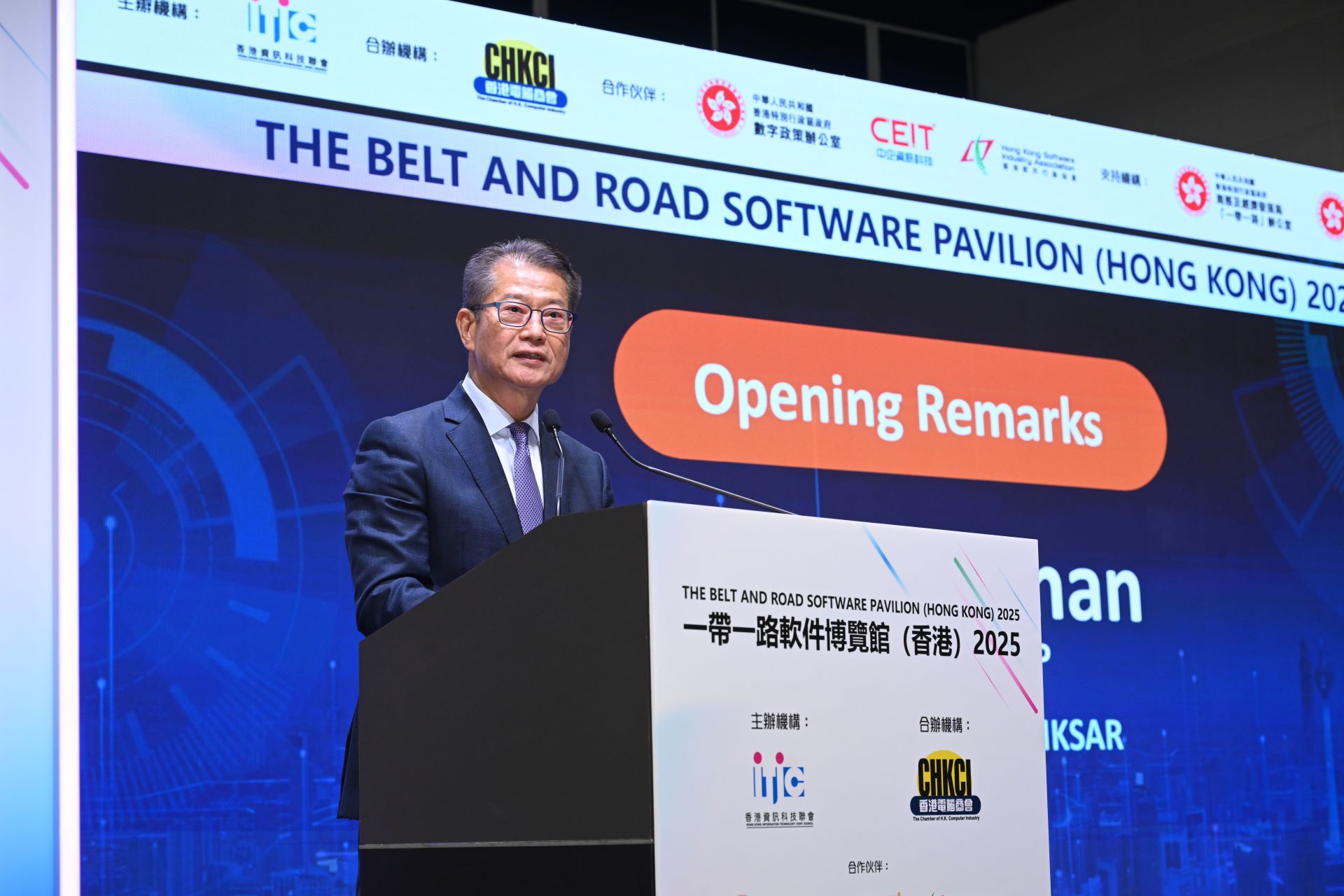
Writing in his Sunday blog, Financial Secretary Paul Chan Mo-po said the special administrative region will continue to deepen multi-level, multi-sector exchanges and cooperation with emerging markets, especially the Middle East and Central Asia.
Kazakhstan-based natural resources company, Jiaxin International Resources, will debut on the Hong bourse on Aug 28 -- the world’s first dual listing on both the HKEX and Kazakhstan’s Astana International Exchange.
The stock to go public on AIX will be the first in Central Asia to be denominated in renminbi, symbolizing not only financial cooperation between Hong Kong and Central Asia, but also a new chapter in advancing the internationalization of the Chinese currency, Chan said.
ALSO READ: UAE firms to deepen economic ties with HK
Besides the Central Asian market, the SAR will seize the opportunity to deepen exchanges and cooperation with the Middle East. A business delegation led by Chief Executive John Lee Ka-chiu visited Qatar and Kuwait in May this year, resulting in 59 memoranda and cooperation agreements being signed. Multiple high-level visits by Hong Kong delegations have also been made to Saudi Arabia, Bahrain and Morocco.
Official data show that bilateral trade between Hong Kong and the Gulf region reached HK$150 billion ($19.23 billion) last year, with an average annual growth of 11 percent over the past five years. Hong Kong is the United Arab Emirates' seventh-largest trading partner, and plans are underway to establish a Hong Kong economic and trade office in the Saudi capital, Riyadh, to further promote ties, Chan said.
Since September last year, the sound performance of Hong Kong stocks has attracted increased interest from Middle Eastern investors, he said. Several recent initial public offerings featured Middle Eastern cornerstone investments exceeding $100 million each. Investments in Hong Kong securities by Saudi Arabia, Kuwait and Bahrain amounted to $6.3 billion in 2023, with a five-year compound annual growth rate of about 17 percent.
ALSO READ: Egypt, HKSAR embrace new era of fruitful cooperation
Bilateral exchanges between Hong Kong and the Middle East have also expanded beyond trade and finance to include culture, arts and sports. Events such as the Saudi Super Cup in Hong Kong and the LIV Golf Hong Kong 2025, along with a Hong Kong film screening in Dubai in March this year, featuring a local blockbuster, have fostered mutual cultural understanding and laid a solid foundation for broader cooperation, Chan added.
People-to-people exchanges are also growing rapidly between the two regions, the finance chief said. Visitor arrivals in Hong Kong from Gulf countries surged by 70 percent year-on-year in 2024, with an additional 50-percent increase in the first seven months of this year. Direct flights between Hong Kong and Riyadh resumed in October last year, and have been operating at full capacity.
Middle Eastern ambitions to accelerate infrastructure and adopt innovation, as well as to promote industrial development, have further created opportunities for Hong Kong startups, technology firms and professional services, Chan said.
READ MORE: HKSAR passport holders granted visa-free access to Qatar, UAE
Representatives of Hong Kong green tech and smart city companies who visited Saudi Arabia last year have expanded their market presence there, with one smart sensing solutions provider securing a role in the region’s largest construction project.


